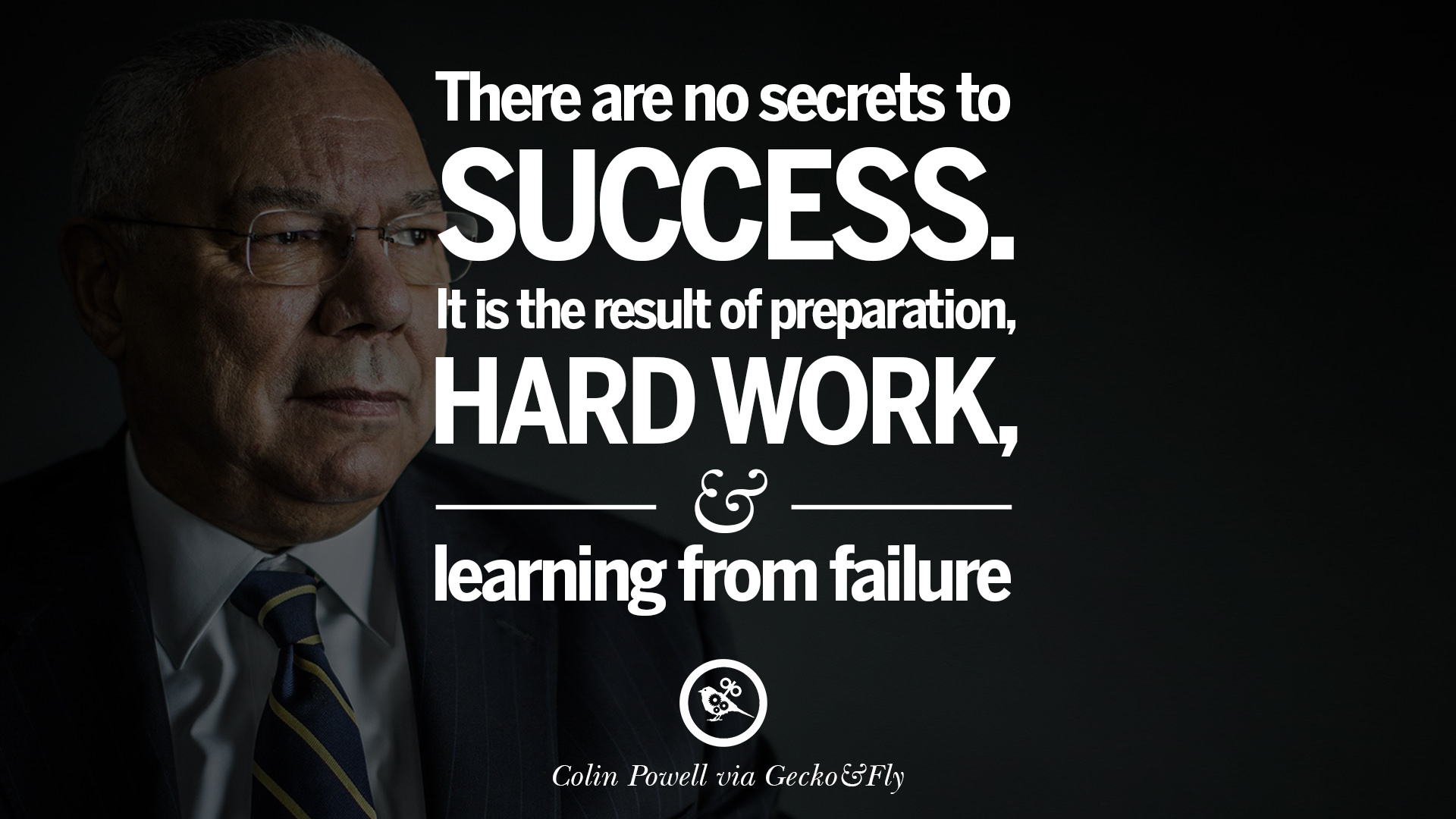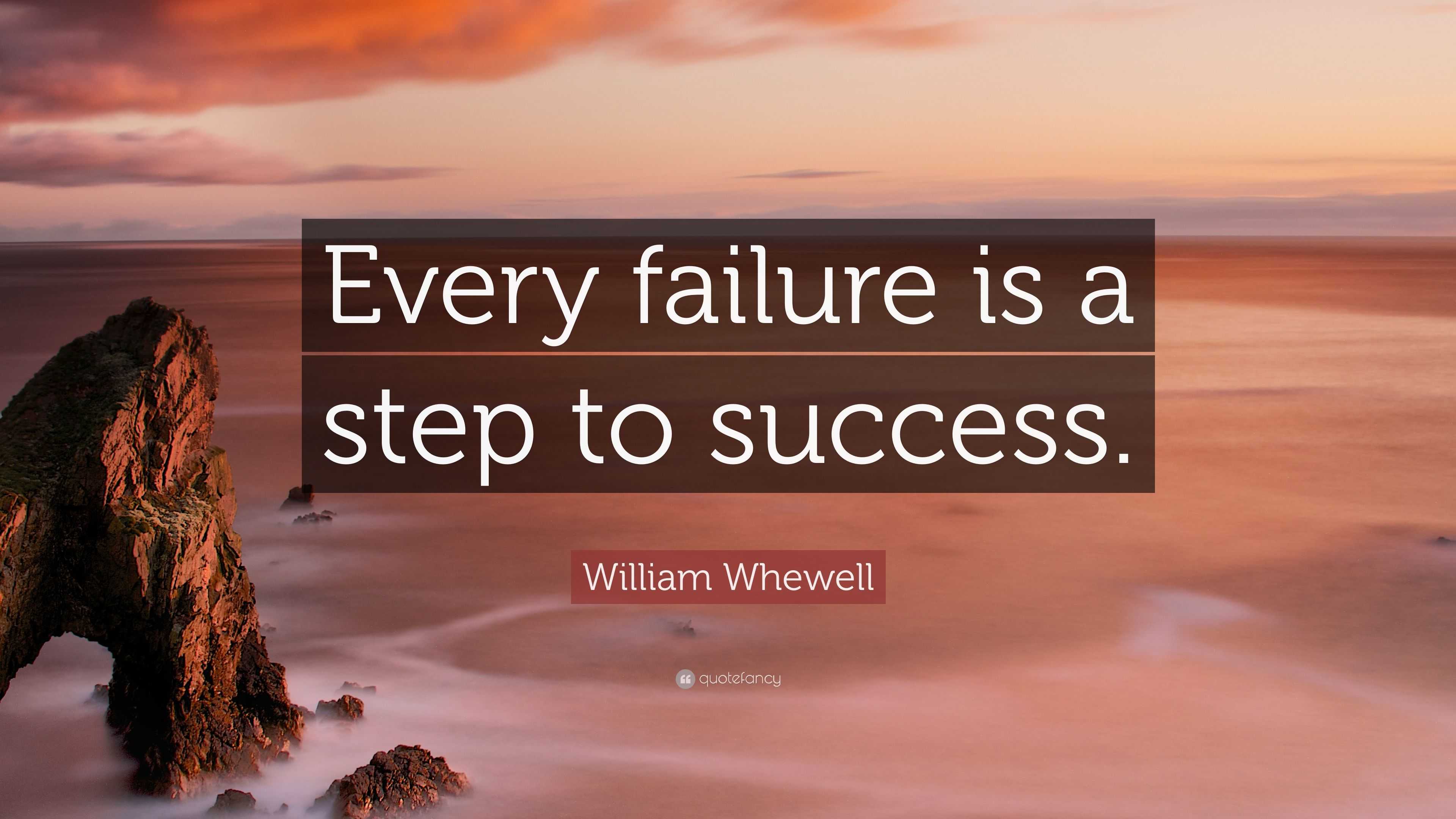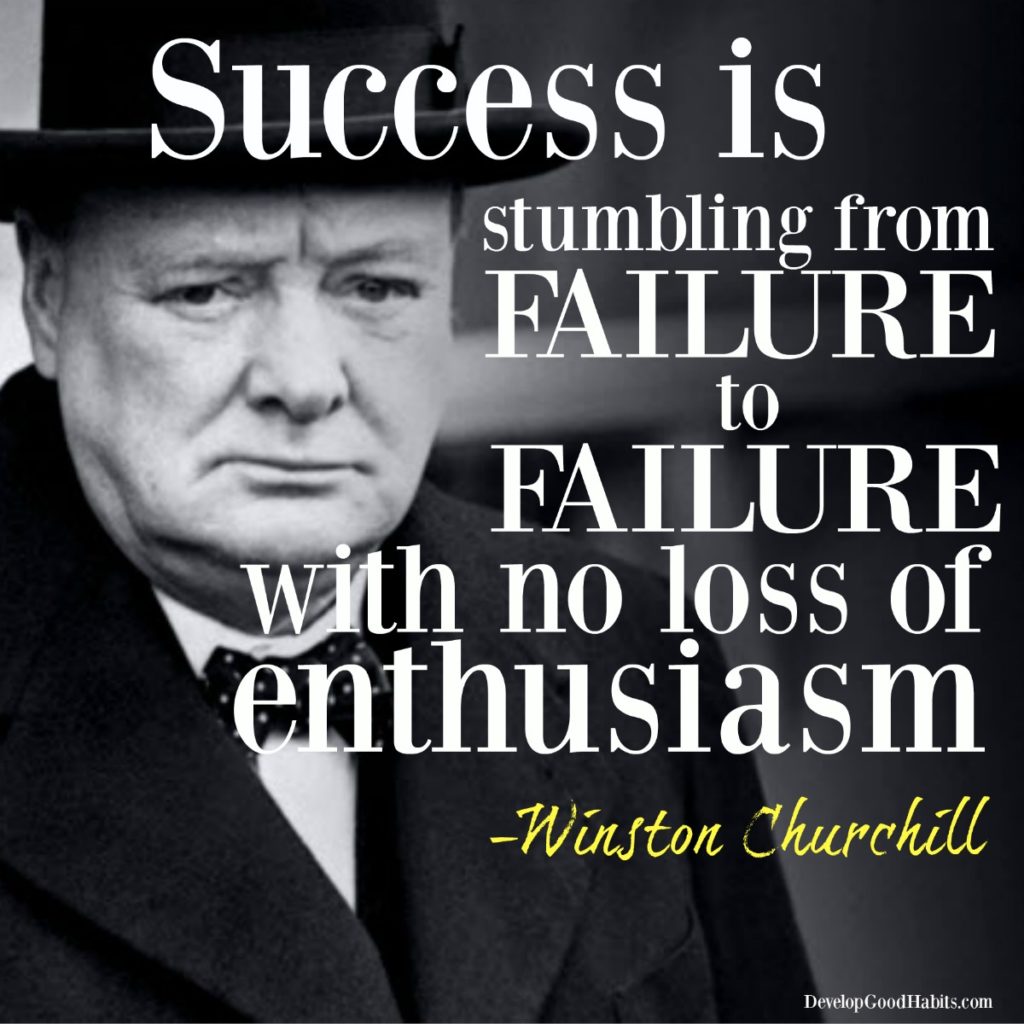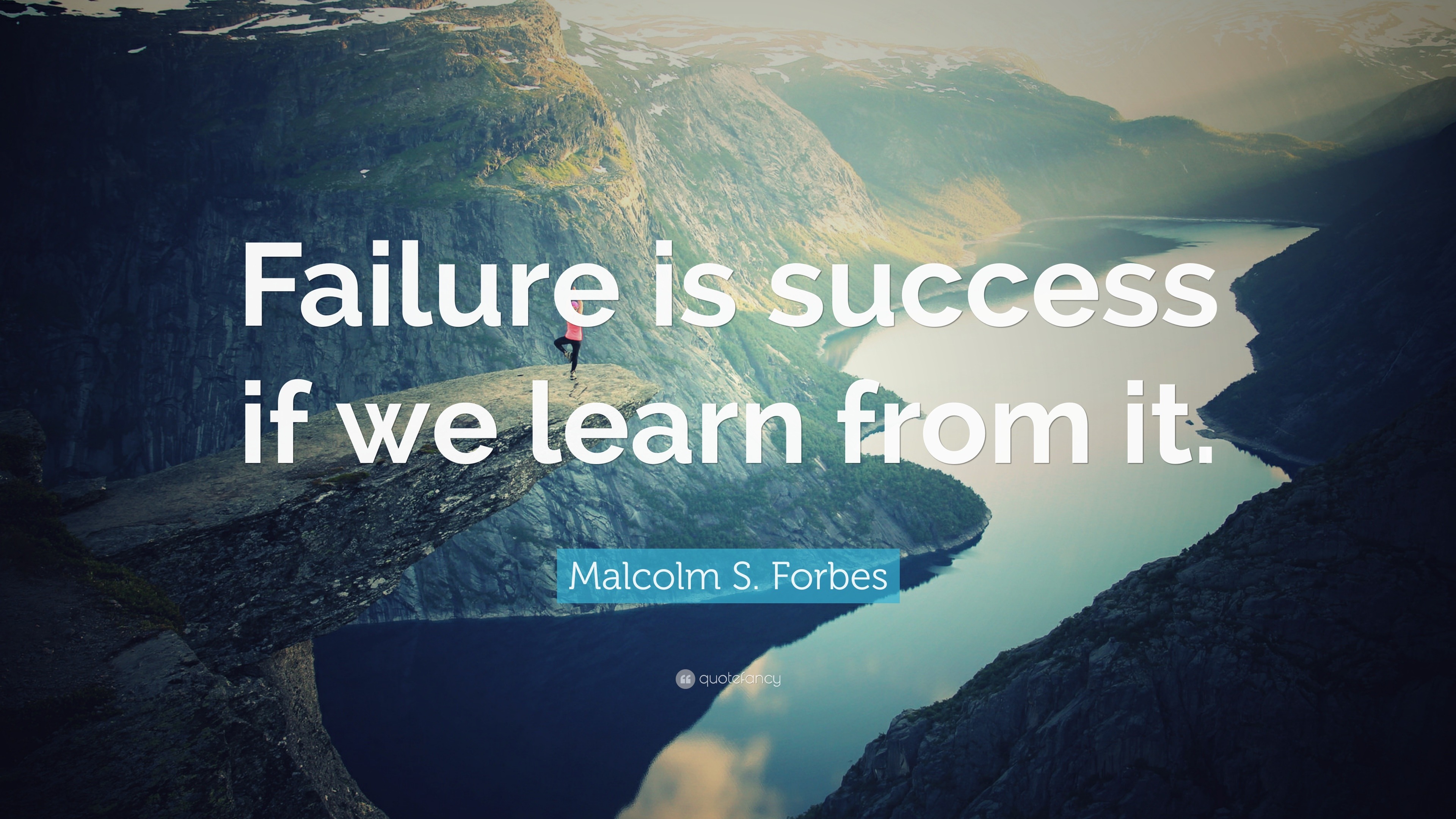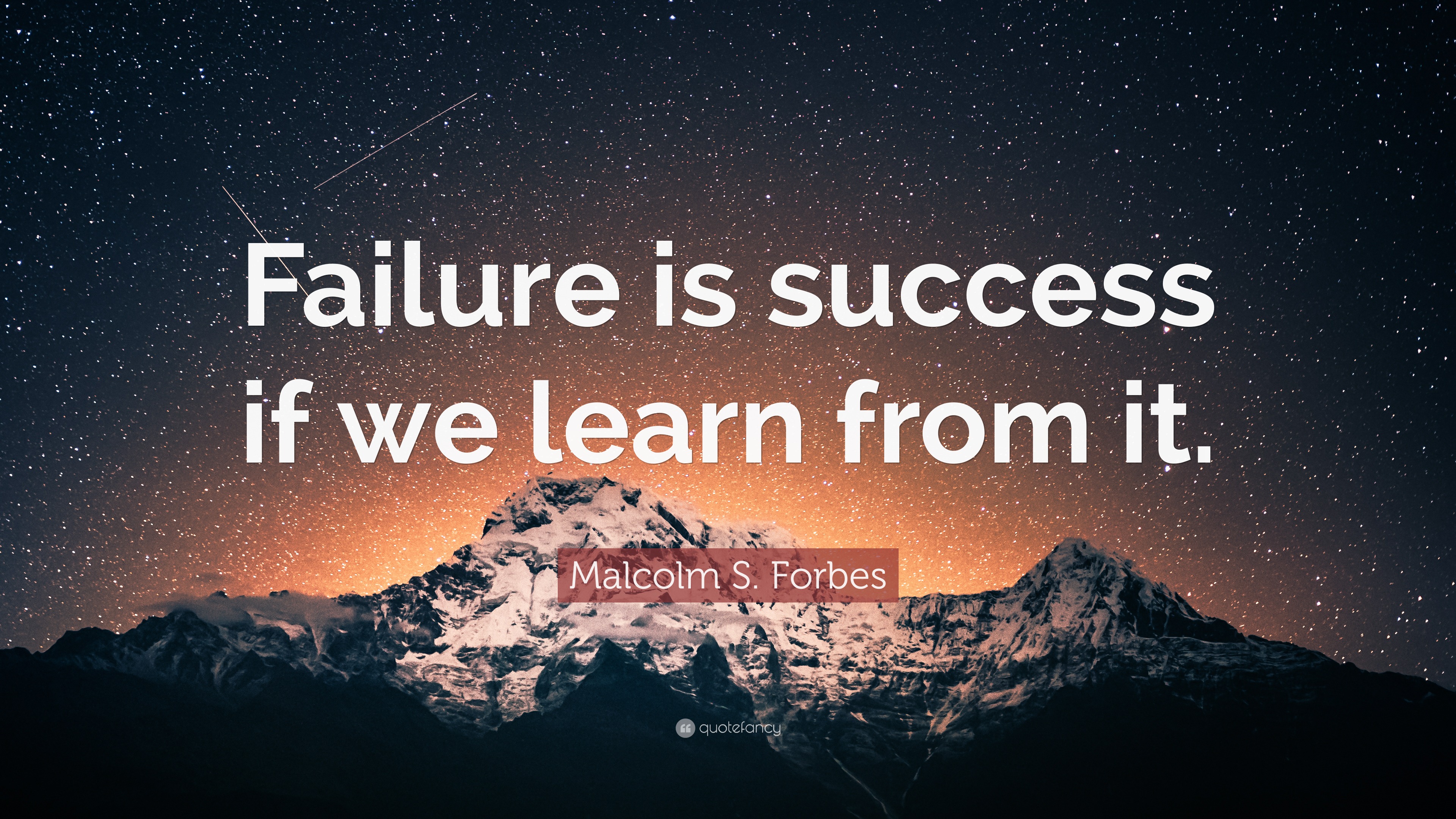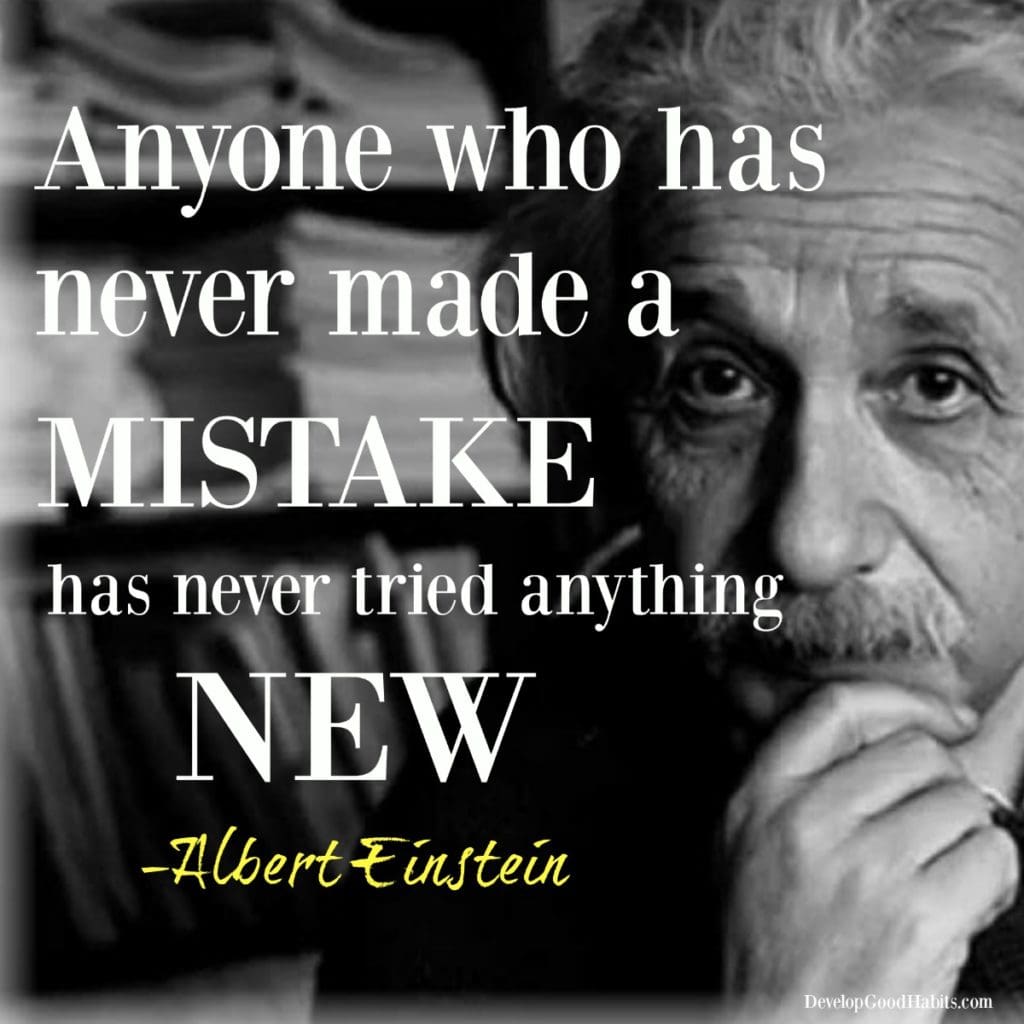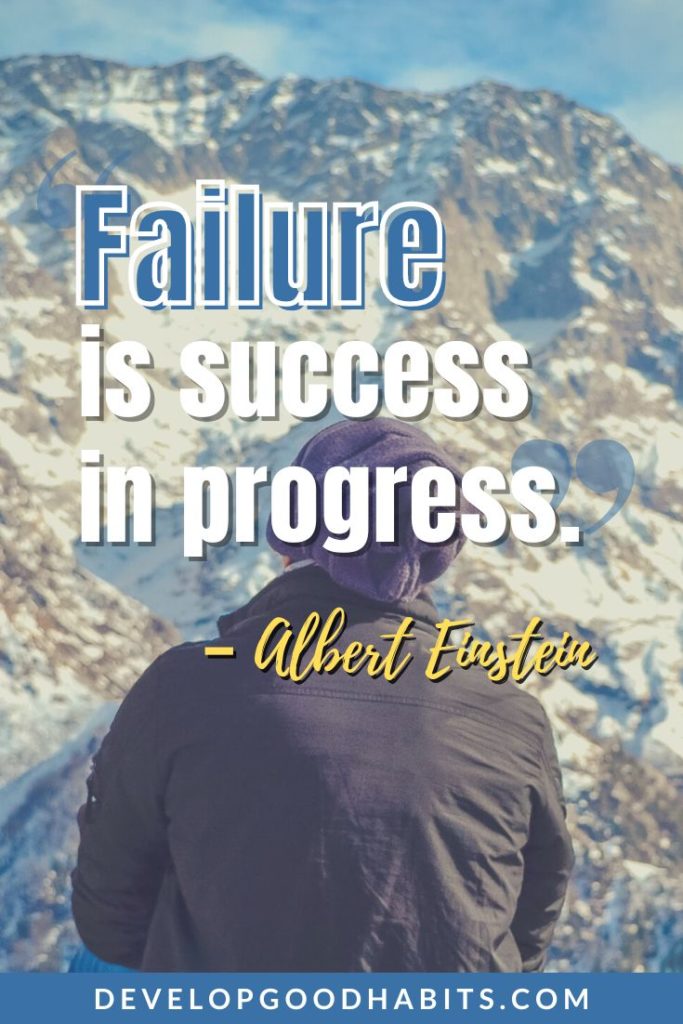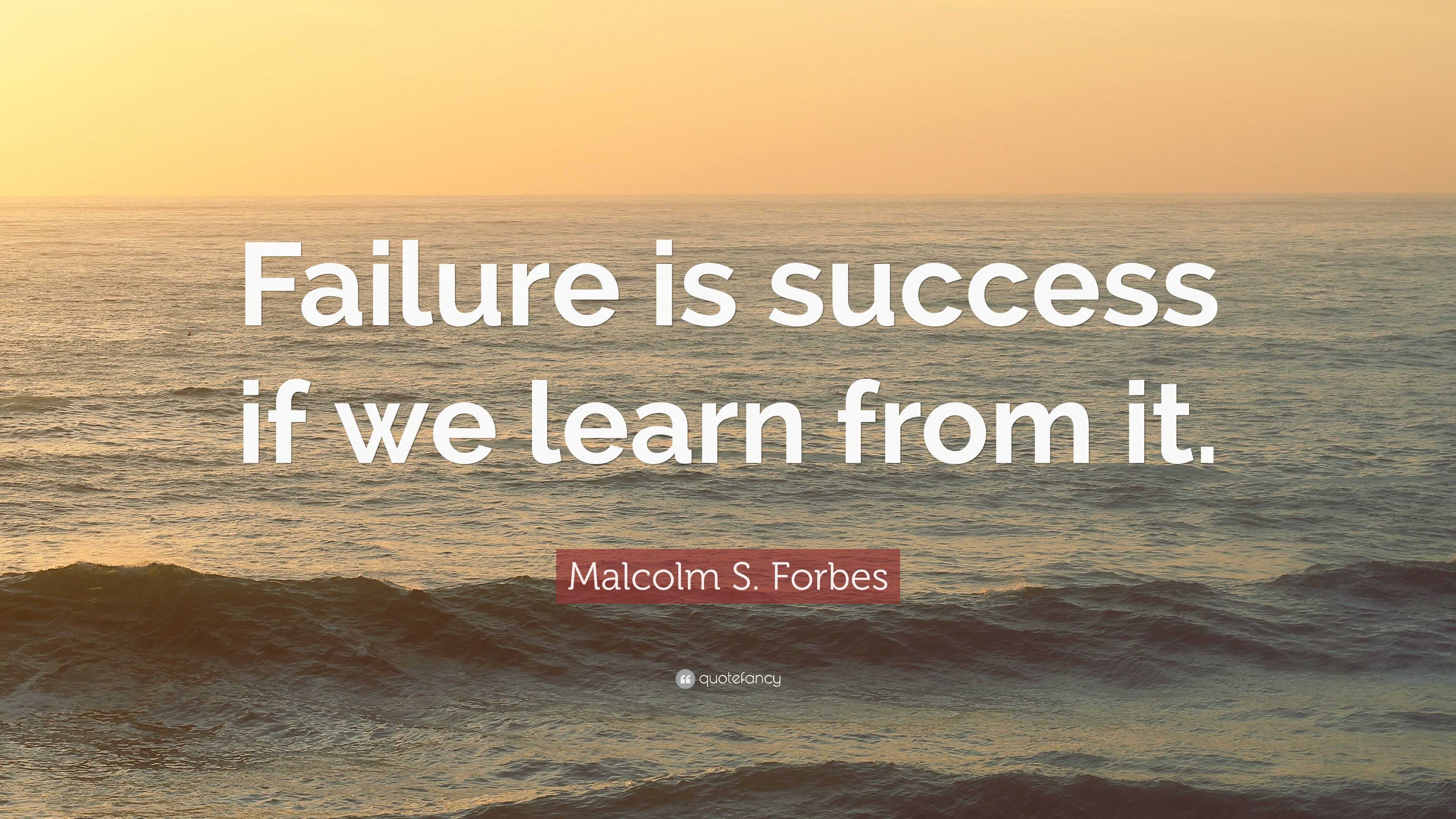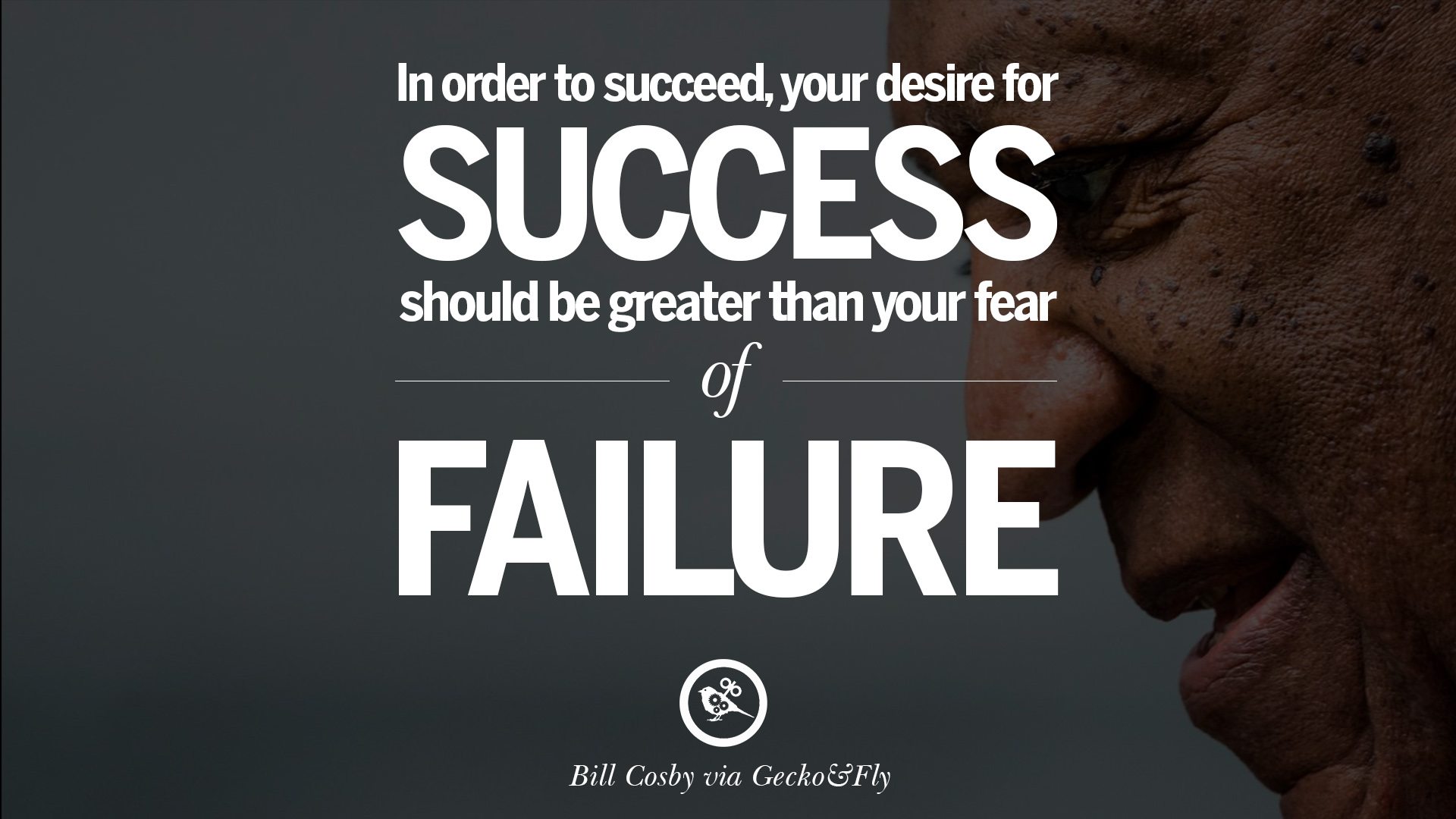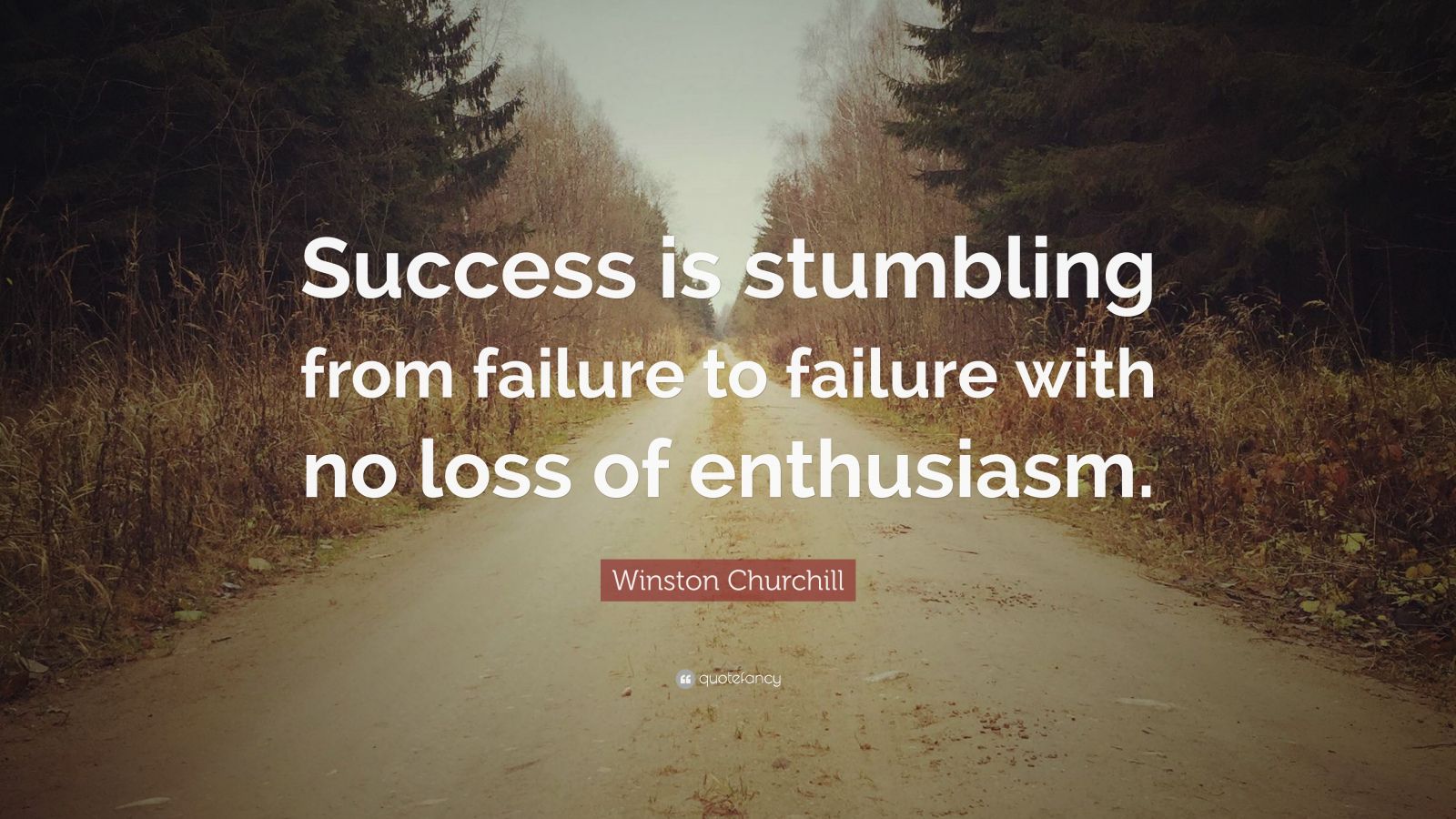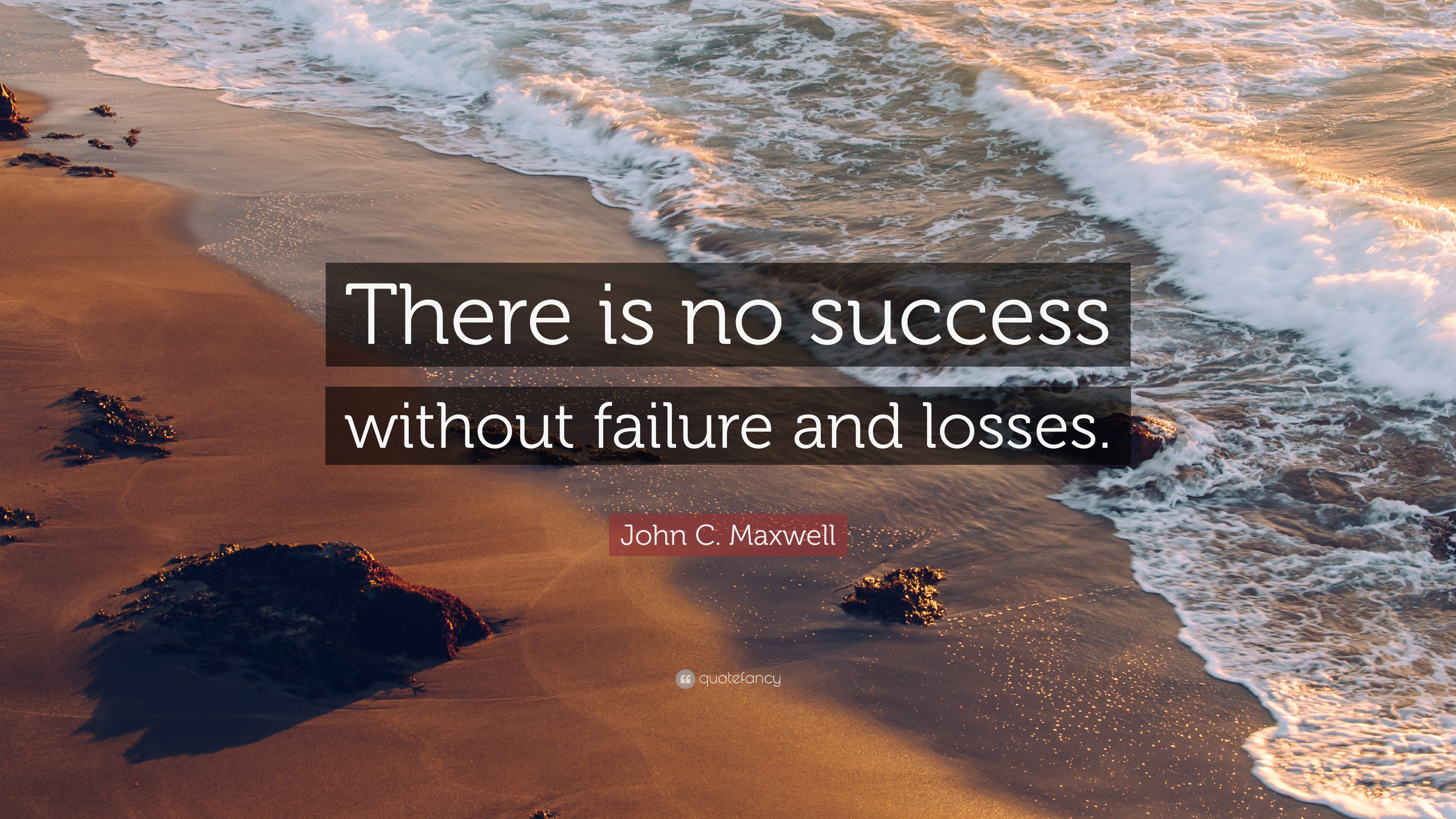Quotes About Business Success And Failure
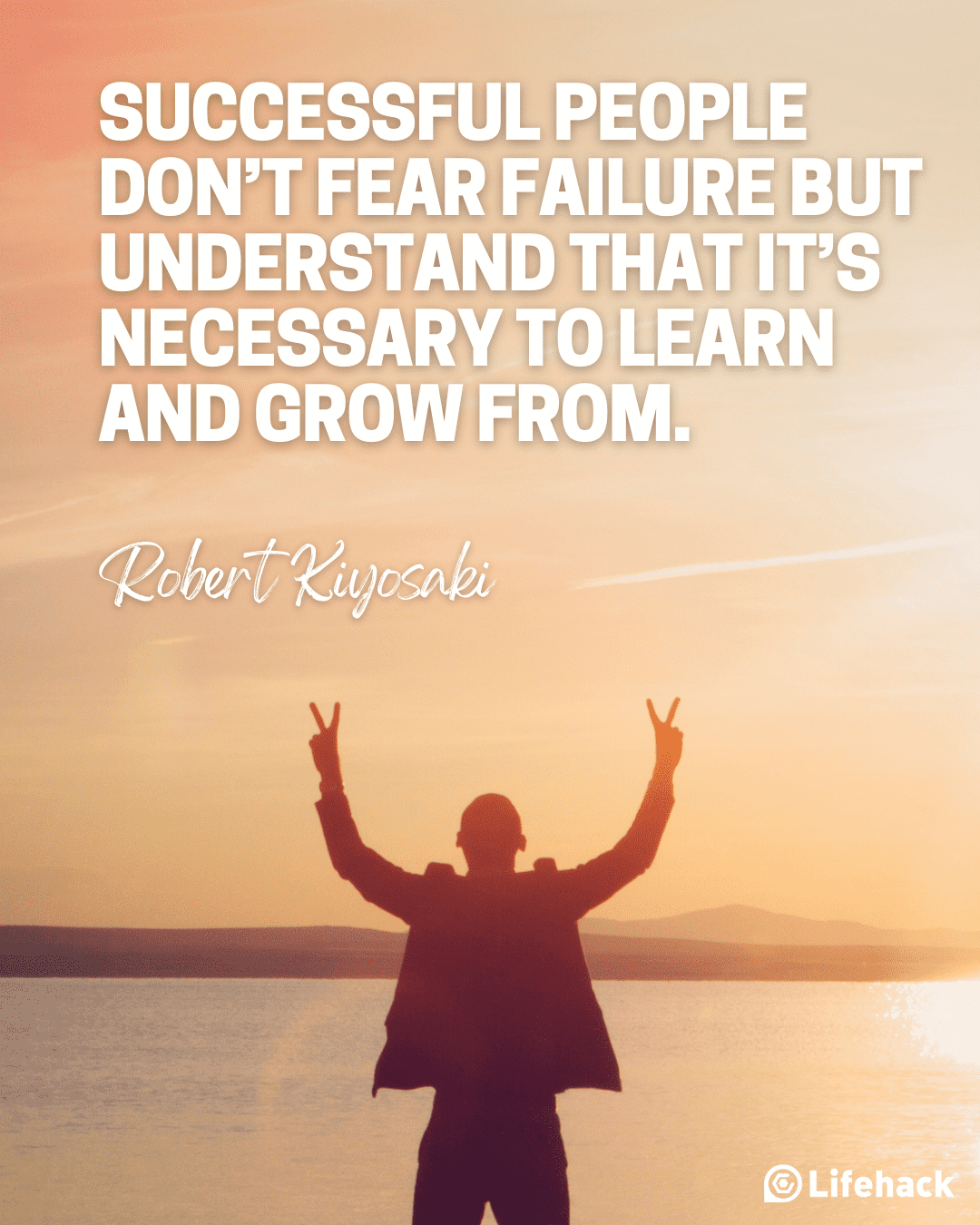
In today's volatile market, businesses face unprecedented challenges and uncertainties. Understanding the nuances of success and failure is more critical than ever for survival and growth.
This report compiles insights from industry leaders and historical figures, offering a roadmap for navigating the complex landscape of modern business.
Lessons from the Titans: Success Defined
Bill Gates, co-founder of Microsoft, famously stated, "Success is a lousy teacher. It seduces smart people into thinking they can't lose." His words serve as a stark reminder of the dangers of complacency.
Warren Buffett, the legendary investor, emphasizes integrity: "It takes 20 years to build a reputation and five minutes to ruin it. If you think about that, you’ll do things differently." Ethical conduct forms the bedrock of sustainable success.
“The key is to take the calculated risk. That is quite different from being rash,” says Richard Branson, founder of Virgin Group. Calculated risks are essential for innovation and market leadership.
Navigating the Labyrinth: Failure as a Stepping Stone
“I have not failed. I’ve just found 10,000 ways that won’t work,” Thomas Edison, inventor of the light bulb, highlights the iterative nature of innovation. Failure is a learning opportunity, not a dead end.
Henry Ford, whose early automotive ventures floundered before finding success with Ford Motor Company, reportedly said, "Failure is simply the opportunity to begin again, this time more intelligently." Resilience is key in overcoming setbacks.
Arianna Huffington, founder of The Huffington Post, stresses the importance of redefining success after her own burnout: "We need to redefine success to include well-being, wisdom, wonder, and giving." This shift in perspective can prevent catastrophic failure.
Data-Driven Insights: Quantifying Success and Failure
According to a Harvard Business Review study, 70-90% of startups fail. The most common reasons include running out of cash, lack of market need, and poor team dynamics.
A Small Business Administration (SBA) report indicates that approximately one-third of small businesses fail within the first two years, and about half fail within five years. Careful planning and market research are crucial for survival.
Forbes data reveals that companies that prioritize customer satisfaction and employee engagement have significantly higher rates of success. Investing in people and relationships drives long-term value.
Future Imperatives: Adaptability and Innovation
The rapid pace of technological change demands continuous adaptation. Businesses must embrace innovation to remain competitive.
Developing a strong company culture fosters resilience and attracts top talent. A positive work environment is crucial for navigating challenges.
Understanding and responding to evolving customer needs is paramount. Businesses must prioritize customer satisfaction to secure long-term loyalty.
The insights shared offer invaluable guidance for entrepreneurs and business leaders navigating today’s complex market.
